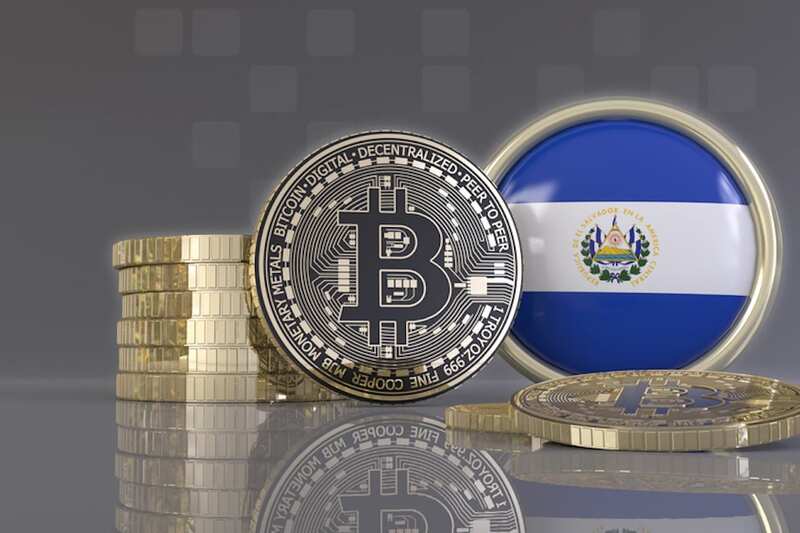
El Salvador is edging ever closer to fulfilling its President Nayib Bukele’s Bitcoin (BTC) dreams – with external help on its way, although voices of disdain continue to warn of impending financial peril if Bukele gets his way.
Per Reuters and AFP (via El Economista), the head of the Central American Bank for Economic Integration (the Banco Centroamericano de Integración Económica or BCIE) has stated that the organization will “provide technical assistance” to El Salvador as its moves to make BTC legal tender in September this year.
The bank’s chief, Dante Mossi, was quoted as stating that it would work with El Salvador’s finance ministry and its central bank to “select a team to work on the implementation.”
Mossi, who was speaking at a virtual conference, warned that “in the anonymous world of cryptocurrencies, there may be bad players,” meaning that the adoption of “a regulatory framework that allows the government to have control” of crypto usage was paramount. He also ruled out the possibility of the BCIE adopting BTC, stating that the bank’s finances would continue to be conducted in USD.
But he was generally upbeat about El Salvador’s plans, claiming that the BCIE would be “accompanying El Salvador in this new and innovative policy of adopting the cryptocurrency bitcoin for legal use.”
He added that the new “team” had been created upon Salvadorian request and that the bank was now “preparing a technical assistance package to ensure that it has all the experts” in place.
Domestically and internationally, economists and political commentators are still divided on the matter of BTC adoption.
Moody’s Investment Service stated, per ElSalvador.com (publisher of the Salvadorian El Diario de Hoy newspaper), “adopting BTC as a parallel currency to the USD carries risks for the financial system, the stability of the country’s monetary regime and signals a lack of a coherent economic framework because the International Monetary Fund is unlikely to have been consulted about the law while negotiating economic and fiscal measures related to the funding program.”
The media outlet also quoted Manuel Enrique Hinds, the former Salvadorian finance minister, as warning:
“The move could cause a very serious crisis in the country, because we pay for everything in dollars. We run a risk by even sending remittances in bitcoin. Prices can change in a matter of hours and although the government has said that it will guarantee prices, a fund of USD 150 million is not enough to do that.”
And the same media outlet reported, separately, that the College of Professionals in Economic Sciences of El Salvador (COLPROCE), a group of economics experts, has asked the country’s parliament to “repeal” the recently approved law.
In an open appeal, the group asked lawmakers to instead “create a space for discussion” with “all social and economic players.”
The body stated:
“The conversion of bitcoin from cryptocurrency status to legal tender, was approved without conducting studies that demonstrate its viability and applicability for the [Salvadorian] economy. Most experts in monetary and financial economics, both at home and abroad, consider that adopting bitcoin puts economic stability at risk. Bitcoin could generate financial bubbles and turn El Salvador into a tax haven.”
In an opinion piece for the La Prensa Gráfica newspaper, the columnist Carlos Alfaro Rivas stated that the President had effectively told the world: “Welcome to Bitcoinland!” – and had impressively wowed the crypto sector with his English language skills and “cool” image.
But Salvadorians, he added, could only hope that Bukele’s bid to attract investors to the nation would not inadvertently attract criminal elements.
Also, he noted positive experiences from the small village of El Zonte, where a BTC-powered economy is already up and running.
He commented, in a tongue-in-cheek tone:
“I am not worried that we Salvadorans are not going to understand (BTC). In El Zonte, we have already tamed it.”
But he concluded that the nation was now at a crossroads – and would either see “Bitcoinland” become a massive success story or “bump its head into a brick wall.”
Meanwhile, the rift between Bukele and Washington appears to be widening amid suggestions the President is hoping to achieve a long-term goal of de-dollarizing the Salvadorian economy.
The United States Agency for International Development (USAID) administrator Samantha Power spoke of the “fragility of democracy” at an event held at El Salvador’s Central American University – operated by one of Bukele’s fiercest critics.
Per AP (via Yahoo), Power added:
“The United States believes that governments everywhere must earn the trust and goodwill of their people. If corruption is allowed to run rampant, if judicial independence is not respected, if anti-corruption institutions are dismantled as we have seen too often in Honduras, Guatemala and here in El Salvador then local governments will end up stymying the aspirations and the potential of their own people.”
And per ElSalvador.com, Power also warned that corruption allegations could also harm countries like El Salvador’s chances of attracting foreign investors – something Bukele’s BTC policies are clearly aimed at achieving.
(Photo : PYMNTS)

